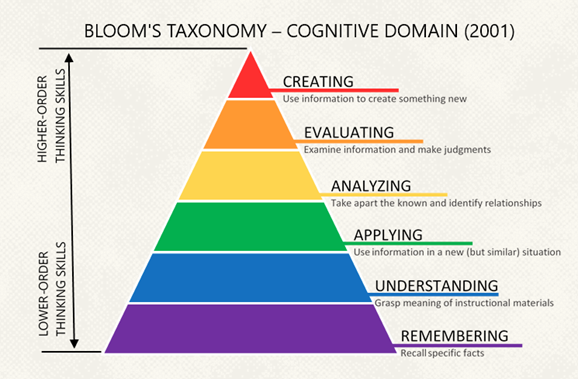
Thinking Sharp: Unravelling the Power of Critical Thinking
The essence of critical thinking lies in the ability to process information logically and rationally. It involves a pause, a moment of reflection to evaluate the coherence of your reasoning. Critical thinking is an ongoing quest for quality in thought, an exercise in constant questioning that elevates your thinking. It requires inquisitiveness and an eagerness to improve understanding, by probing your thoughts and persistently seeking answers to questions such as, "Am I articulating my thoughts clearly?" or "Could there be a more effective way to convey my message for better comprehension?" Critical thinkers harness their existing knowledge to pinpoint problems while seeking additional relevant information to expand their understanding and solve issues.
Understanding Critical Thinking Through Its Core Concepts
The journey to becoming a proficient critical thinker is marked by the understanding of essential concepts that examine the very fabric of critical thinking.
Through regular practice of critical thinking skills, you'll appreciate the significance of applying intellectual standards to assess the quality of thinking. These principles are critical in evaluating the effectiveness of thought processes.
Let's explore some fundamental concepts of critical thinking:
Clarity:
- Strive for transparency and simplicity in conveying ideas.
- A clear expression ensures that your message is easily grasped.
Accuracy:
- Aim for correctness in your statements, avoiding errors or distortions.
Logicalness:
- Ensure your thoughts follow a coherent, sensible progression.
Precision:
- Seek exactness and specificity in your communication, going beyond mere accuracy by delving into finer details.
Relevance:
- Only incorporate data pertinent to the thinking process, ensuring its applicability.
Depth:
- Embrace the complexity and thoroughness required in thinking.
- An argument with necessary nuances signifies depth.
Breadth:
- Consider a wide array of perspectives.
- All viewpoints should be acknowledged and deliberated.
Significance:
- Focus on including all crucial ideas in the discussion.
Fairness:
- Present a balanced argument, devoid of biases.
- Maintain objectivity in your reasoning.
As you navigate through the critical thinking process, let these questions be your guide and use them to gauge the calibre of your reasoning:
For Clarity:
- Could you elaborate further?
- Could you illustrate with an example?
For Accuracy:
- Is this information factual?
- How can this information be confirmed or disproven?
For Logical consistency:
- Does this all come together coherently?
- Do my statements logically follow from the evidence?
For Precision:
- Could you specify?
- Could you provide more details?
For Relevance:
- How does this tie into the problem at hand?
- How does this aid in solving the problem?
For Depth:
- What are the complexities here?
- What are the potential challenges?
For Breadth:
- Should this be viewed from another angle?
For Significance:
- Which facts bear the most weight?
- Is this the most critical problem to address?
For Fairness:
- Have I considered all applicable viewpoints?
- Am I being equitable and not self-serving?
Adopting these core concepts and guiding questions of critical thinking will not only enhance your thought process but also enrich your decision-making and problem-solving abilities.
Bloom’s Taxonomy Model
Bloom’s Taxonomy serves as a ladder, guiding us through the stages of cognitive development necessary to make well-informed decisions. The model illustrates that critical thinking is not a single action but a layered process involving six distinct stages

Source: Information Technology University of Florida – Centre for Instructional Technology and Training
Associate Professor Mordechai Katash is an Associate Program Director at UBSS Melbourne CBD Campus.






